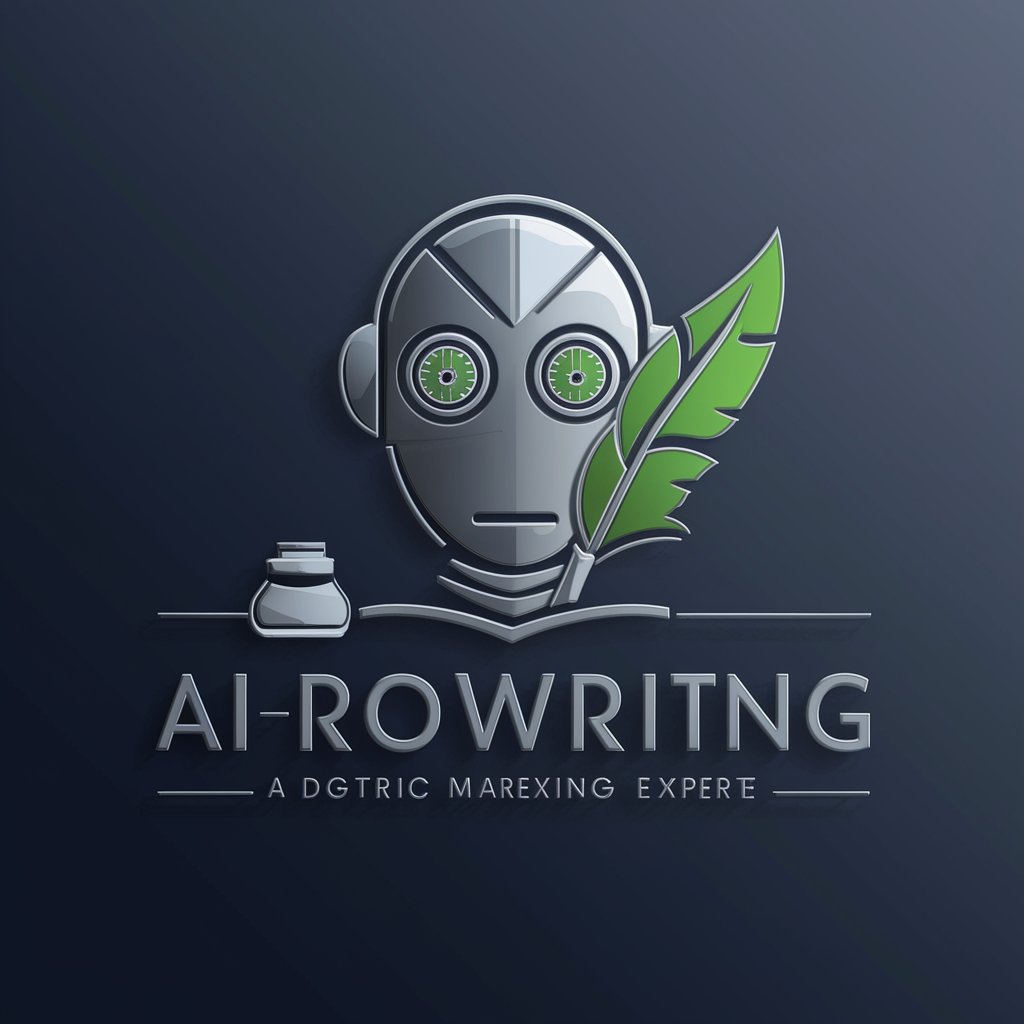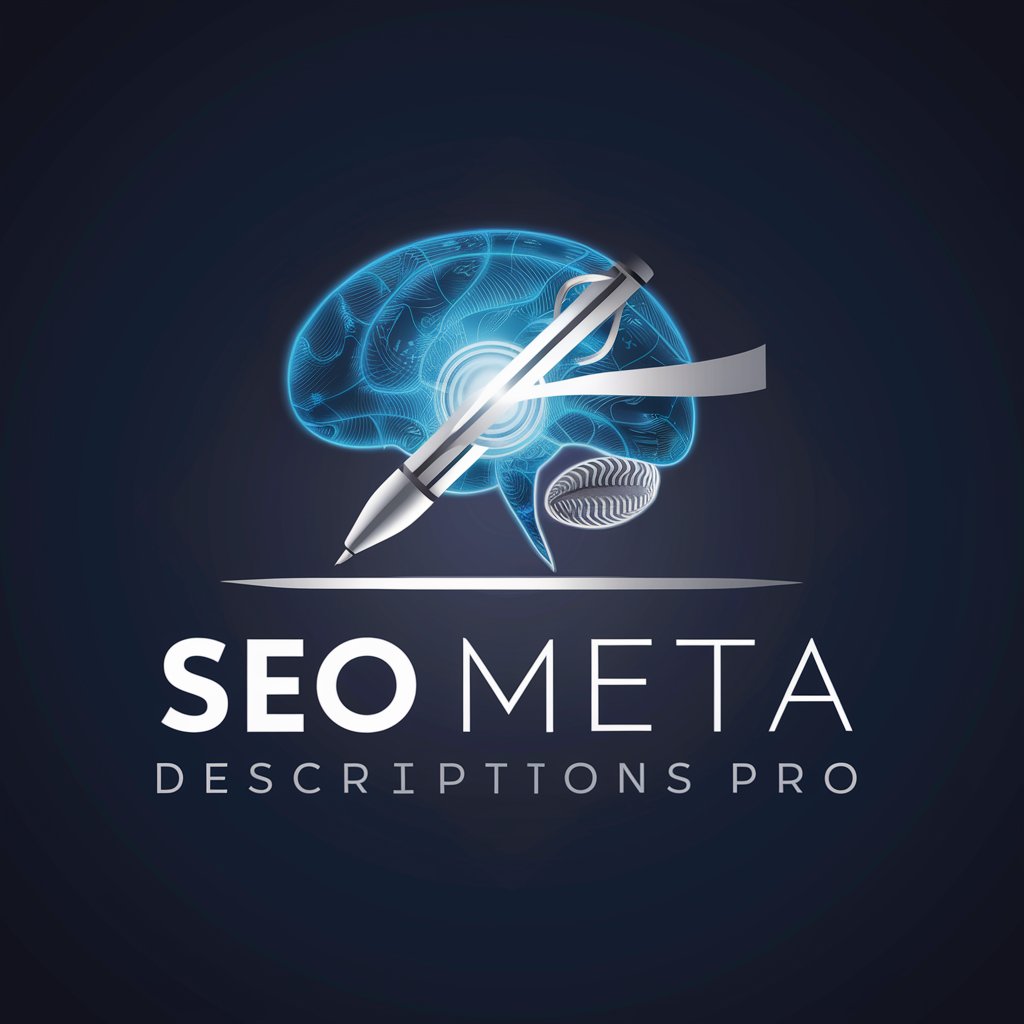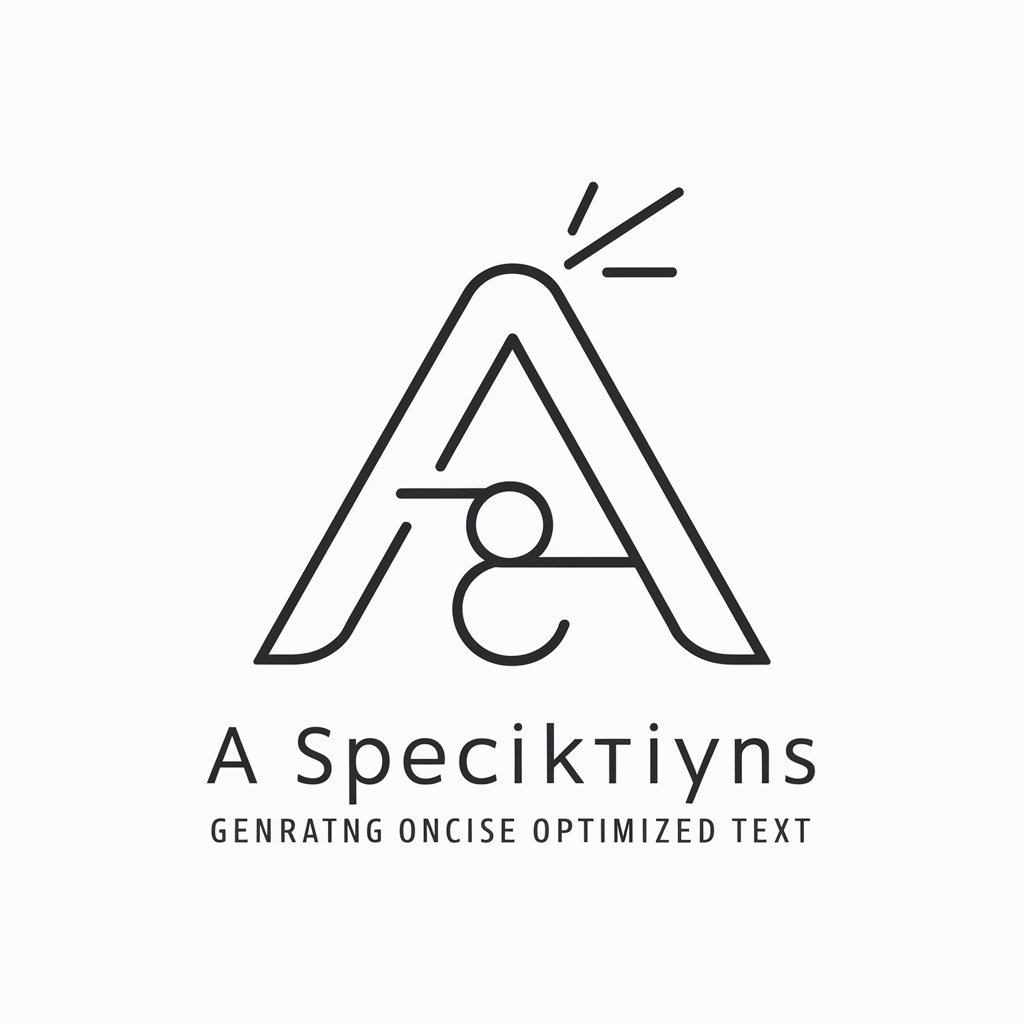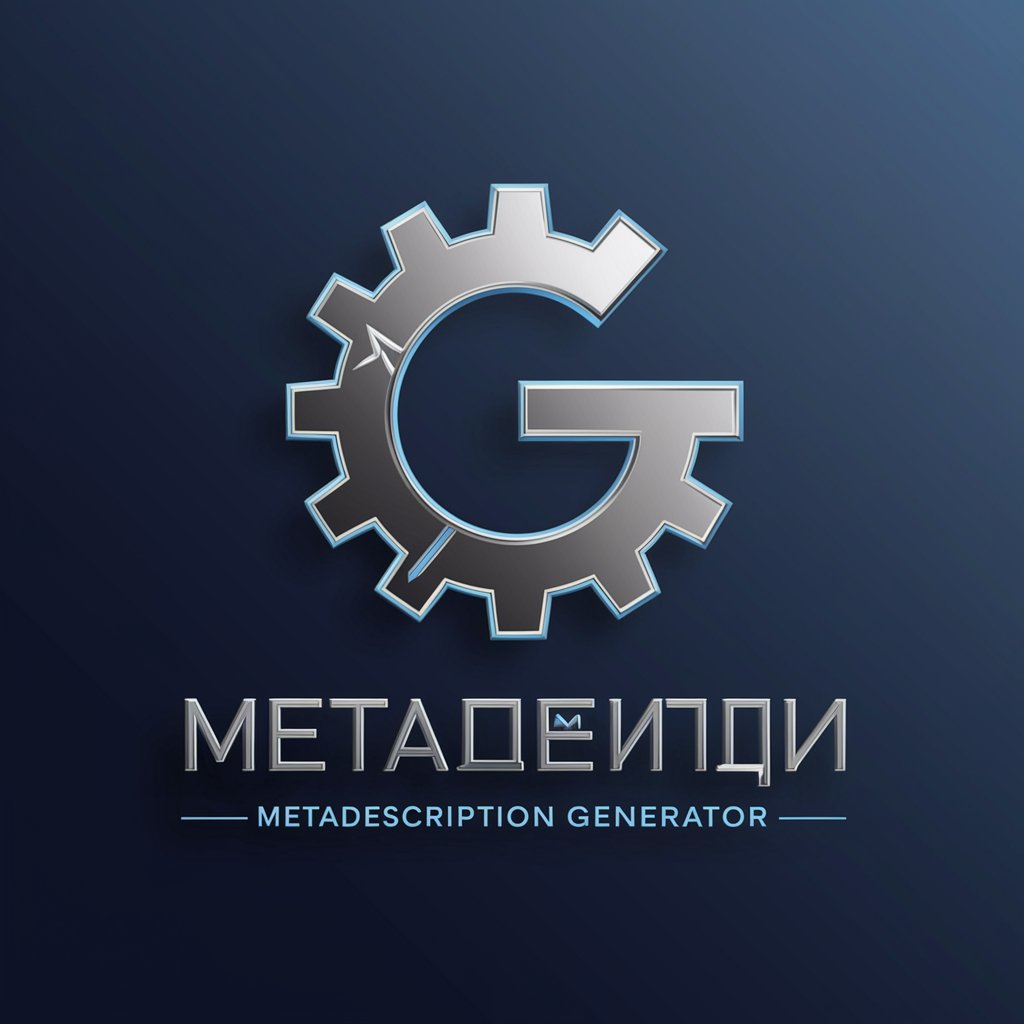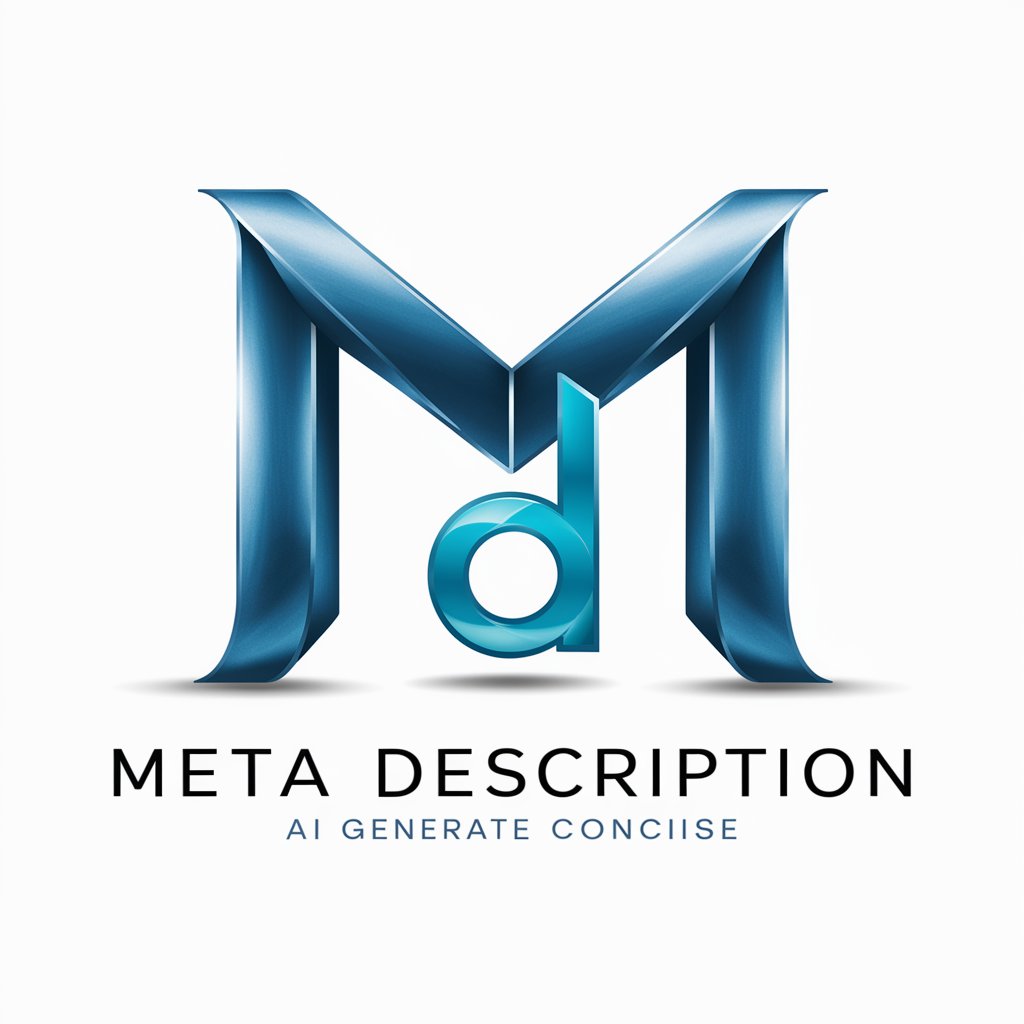
meta description - SEO-Optimized Content Creation

Welcome! Let's create some SEO-friendly meta descriptions together.
Craft compelling meta descriptions effortlessly.
Meta title: {title}. Description:
For the title {title}, a suitable meta description is:
Crafting a meta description for {title}:
Creating an SEO-friendly meta description for {title}:
Get Embed Code
Introduction to Meta Description
A meta description is a brief description of a webpage's content, appearing in HTML code and often displayed in search engine results below the page title. Its primary purpose is to provide a concise summary of a page's content, enticing users to click through from the search results. For example, a webpage about 'Healthy Breakfast Recipes' might have a meta description that starts with the keyword 'Discover,' summarizing key points like ease of preparation and nutritional benefits. This meta description serves both to inform and attract potential visitors, illustrating how strategic wording can impact click-through rates from search engine results. Powered by ChatGPT-4o。

Main Functions of Meta Description
Enhance SEO and Click-Through Rates
Example
For a blog post titled '10 Ways to Improve Your Morning Routine,' a meta description could be: 'Explore expert tips to revolutionize your morning routine, ensuring a more productive and energized start to your day.'
Scenario
This function is crucial for websites aiming to rank higher in search engine results. The meta description plays a significant role in user engagement, as it's often the first piece of content a potential visitor reads. By accurately summarizing the page content and incorporating relevant keywords, it can significantly increase the likelihood of a user clicking through to the website.
Improve User Experience
Example
For an e-commerce product page for 'Eco-Friendly Running Shoes,' the meta description might be: 'Step into sustainable style with our eco-friendly running shoes, designed for maximum comfort and minimal environmental impact.'
Scenario
Here, the meta description helps users understand the unique selling points of the product before they even visit the page. It sets expectations about the product's features and benefits, improving the user's search experience by ensuring the content they find is relevant to their needs and interests.
Ideal Users of Meta Description Services
Website Owners and Bloggers
This group includes individuals or organizations that manage websites or blogs and aim to increase their visibility on search engines. They benefit from using meta descriptions by attracting more targeted traffic to their pages, which can lead to higher engagement rates and, potentially, conversions.
SEO Specialists and Digital Marketers
Professionals specializing in search engine optimization (SEO) and digital marketing strategies often use meta descriptions as a tool to enhance the online presence of the brands they represent. By crafting compelling and keyword-rich meta descriptions, they can improve the search engine ranking of webpages and drive more qualified traffic.
E-commerce Retailers
Online retailers can leverage meta descriptions to highlight the key features and benefits of their products. This is particularly useful for standing out in competitive marketplaces, as a well-crafted meta description can entice potential customers to choose their product over others.

How to Use Meta Description
Start Your Experience
Initiate your journey by exploring yeschat.ai to engage with a free trial, conveniently accessible without the need for login or subscribing to ChatGPT Plus.
Understand the Basics
Grasp the core concept of meta descriptions by reviewing examples and guidelines provided on the platform. This helps in understanding how to craft compelling and effective descriptions.
Implement SEO Best Practices
Incorporate SEO strategies by including relevant keywords and ensuring your meta descriptions are within the 150-160 character limit for optimal search engine visibility.
Apply to Your Content
Use the tool to generate meta descriptions for your web pages, blog posts, or product descriptions, customizing each to match the content's purpose and audience.
Review and Adjust
Evaluate the performance of your meta descriptions in attracting traffic and improving click-through rates (CTRs), making adjustments as necessary based on analytics data.
Try other advanced and practical GPTs
EASY TO RANK SEO Keyword Finder
Simplify SEO with AI-powered Keyword Insights
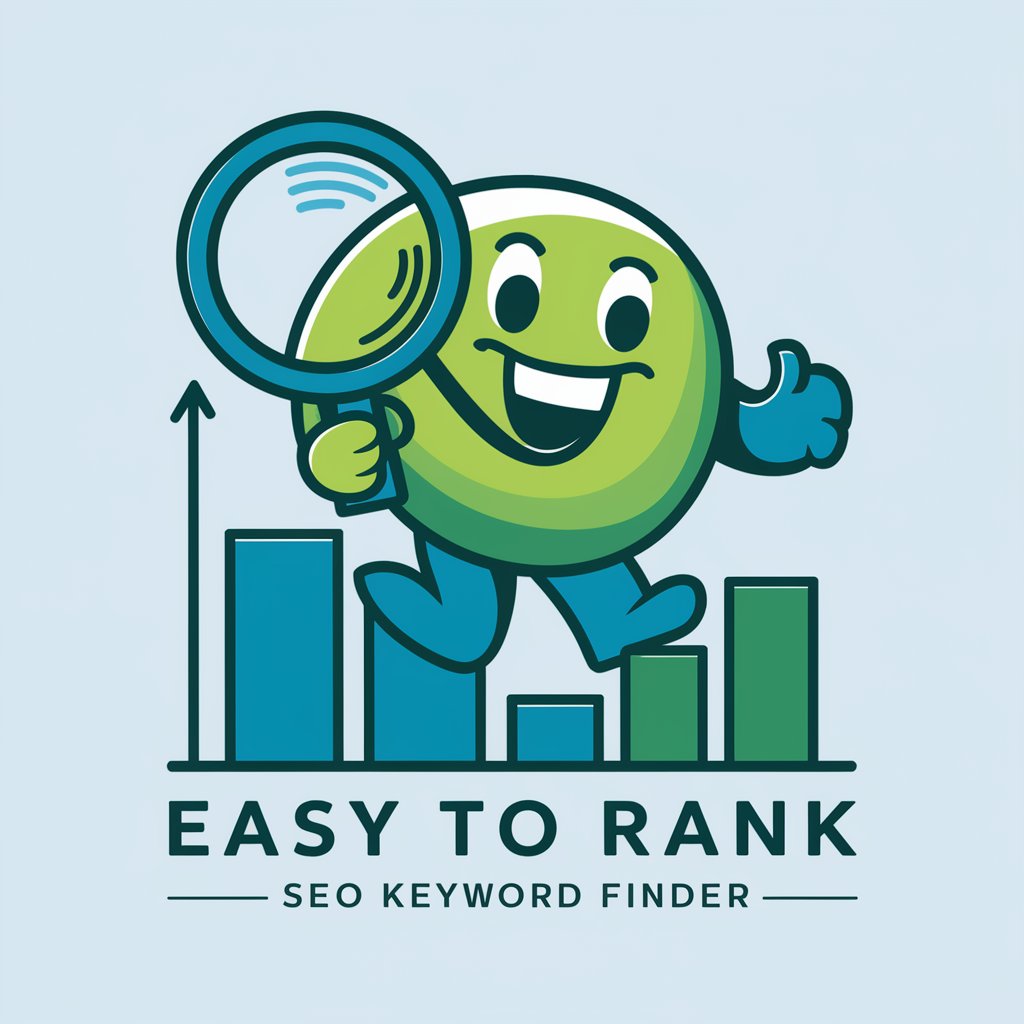
I Just Want My Life Back meaning?
Revitalize your life with AI

Frugal Living
Empowering frugal lifestyles with AI
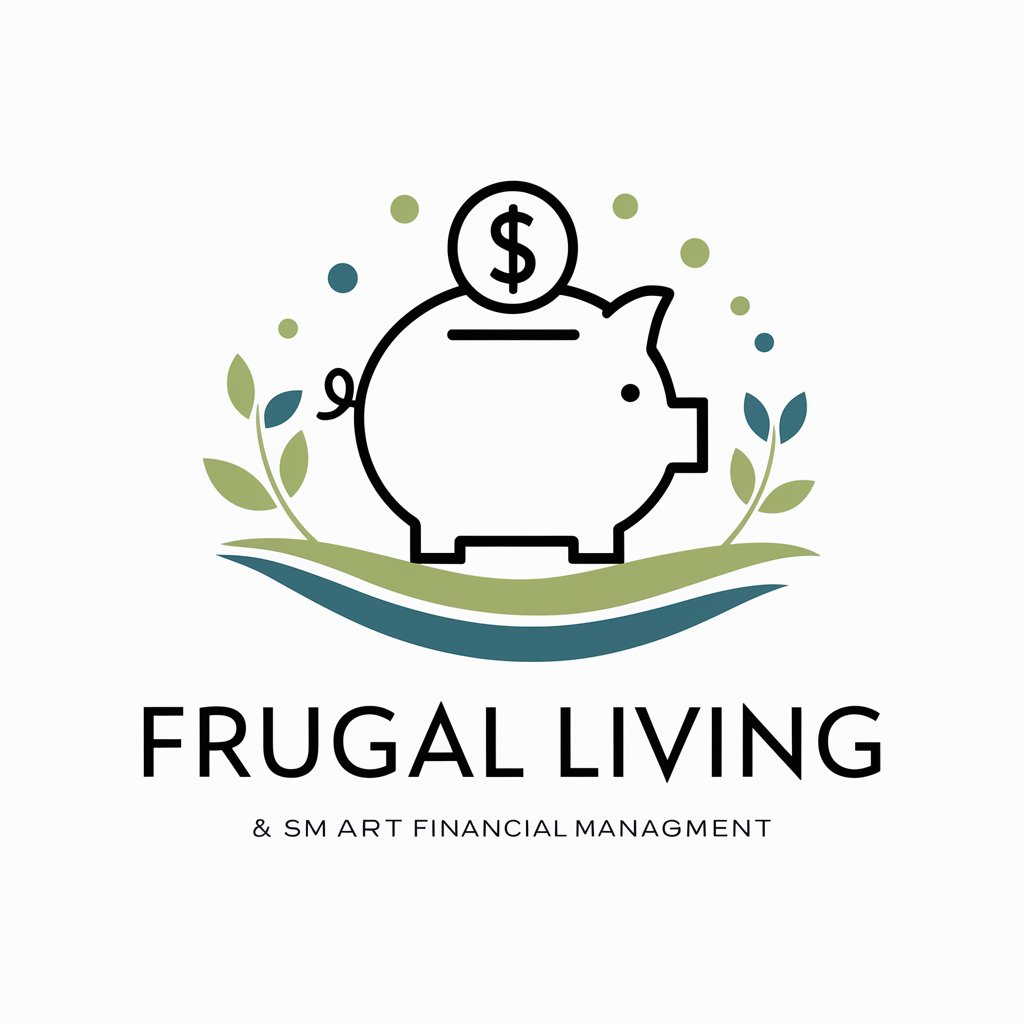
Smile (Life Room) meaning?
Empowering Personal Growth with AI
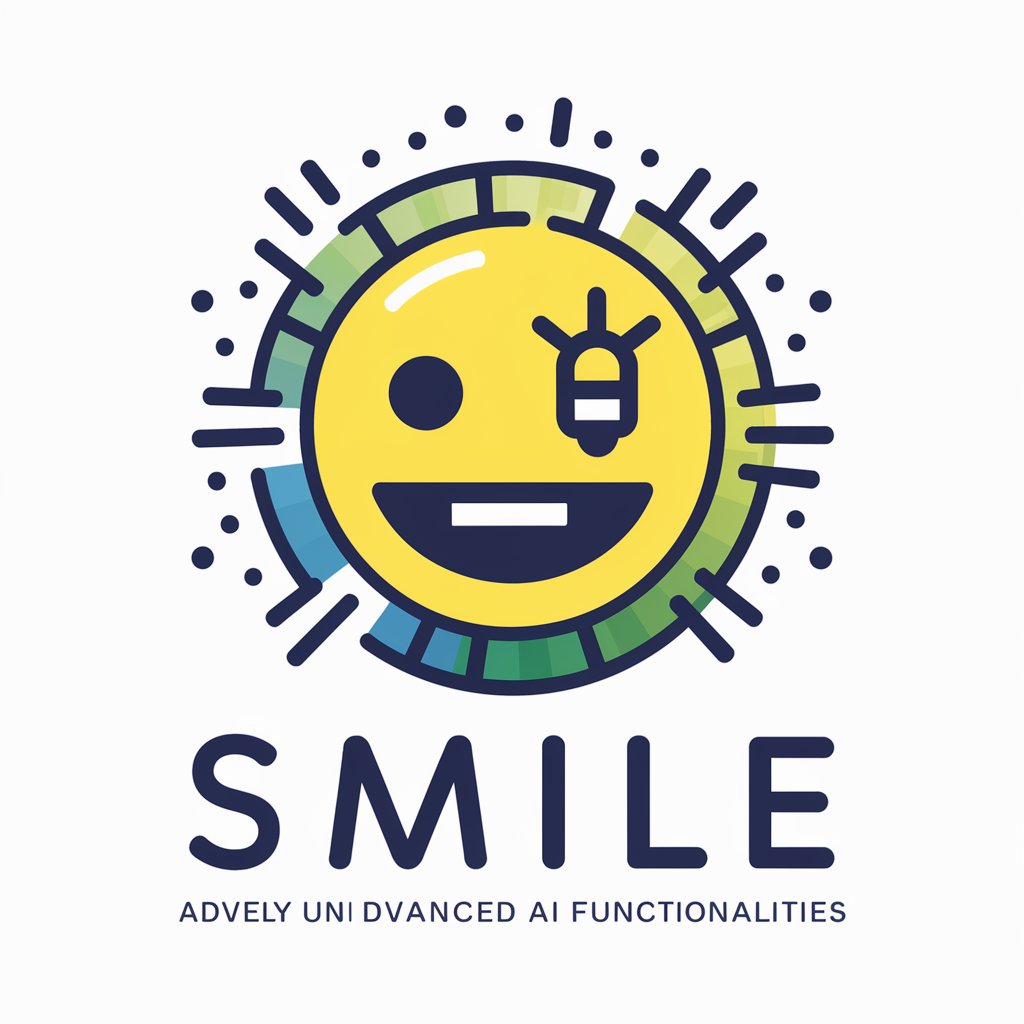
Live Life Loud meaning?
Elevate Your Queries with AI Insights

What Should I Expect?
Navigate life's events with AI-powered insights.

Anchor Text Generator
AI-Powered SEO Anchor Text Generation

Maps meaning?
Illuminate Insights with AI
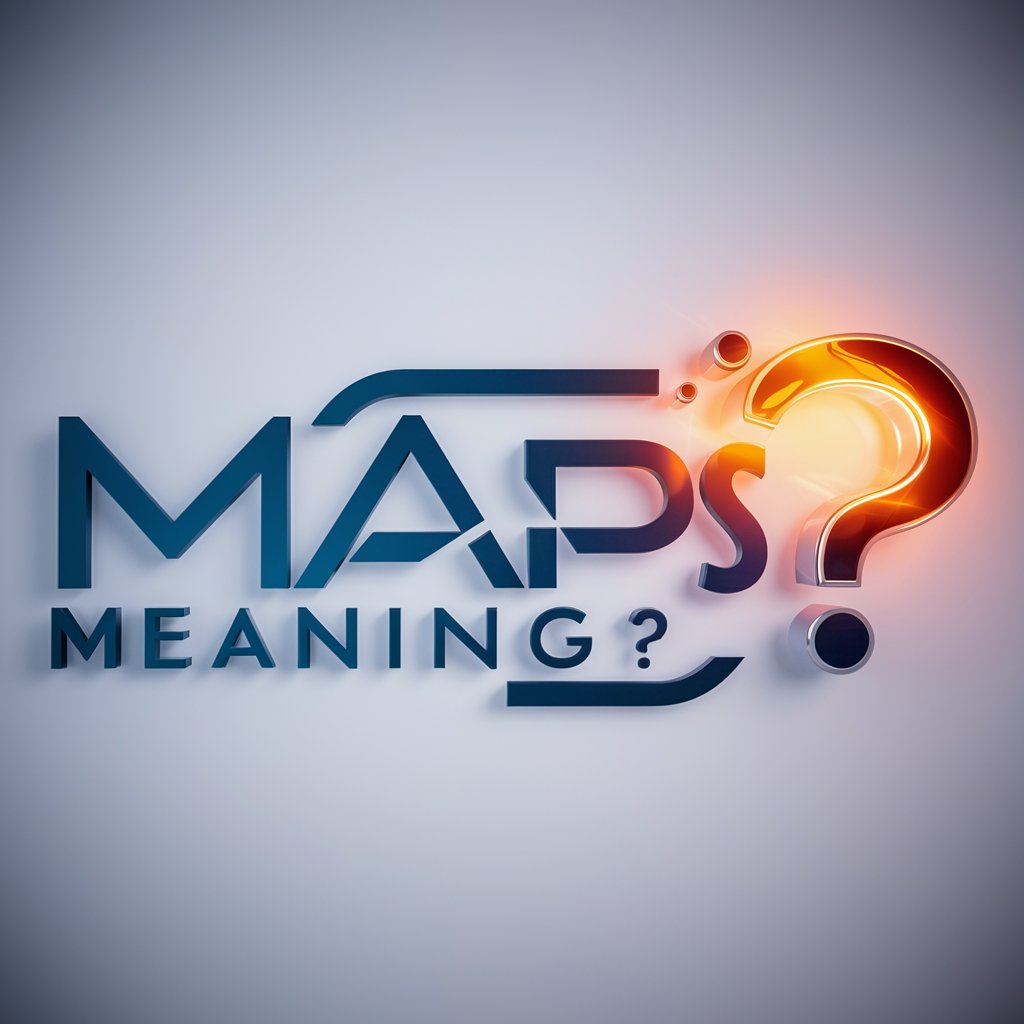
We Drew The Maps meaning?
Empowering Understanding with AI
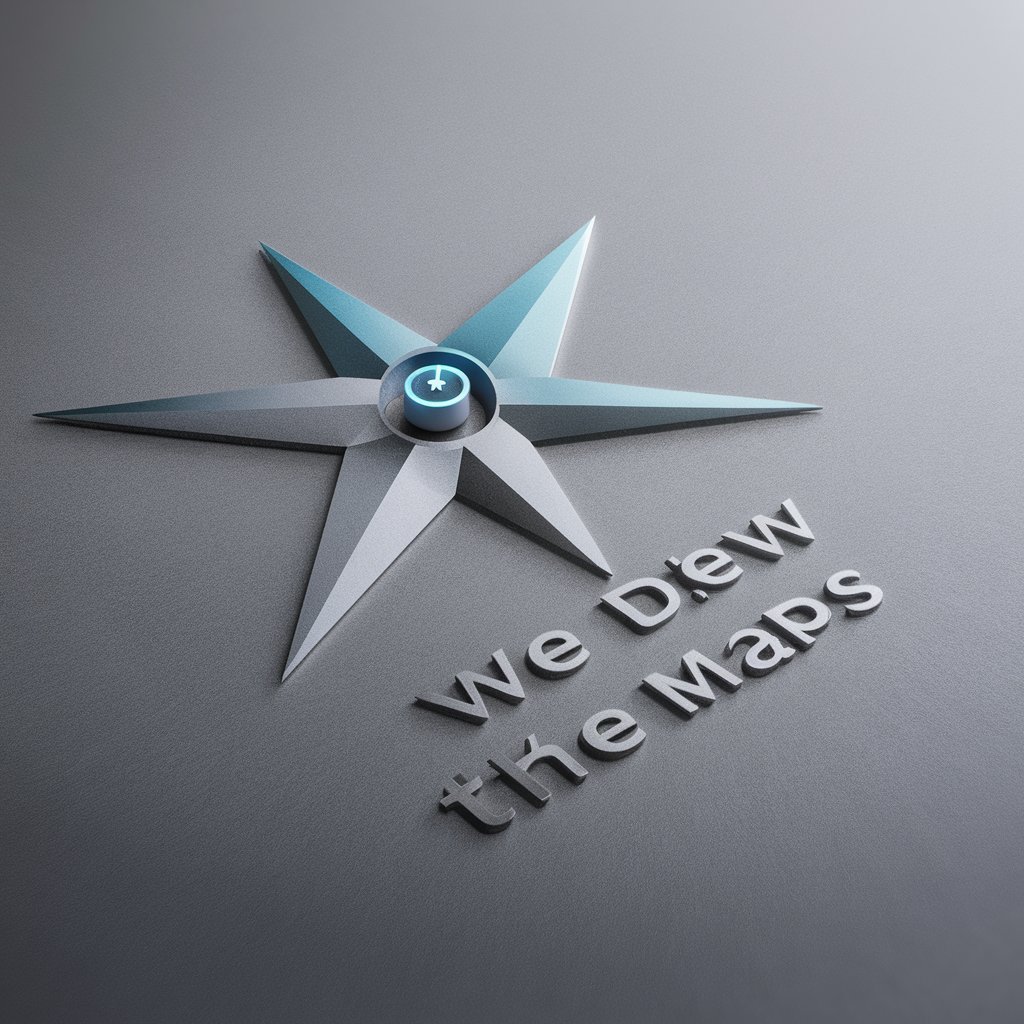
Topical Map Creator
AI-powered SEO Content Strategist
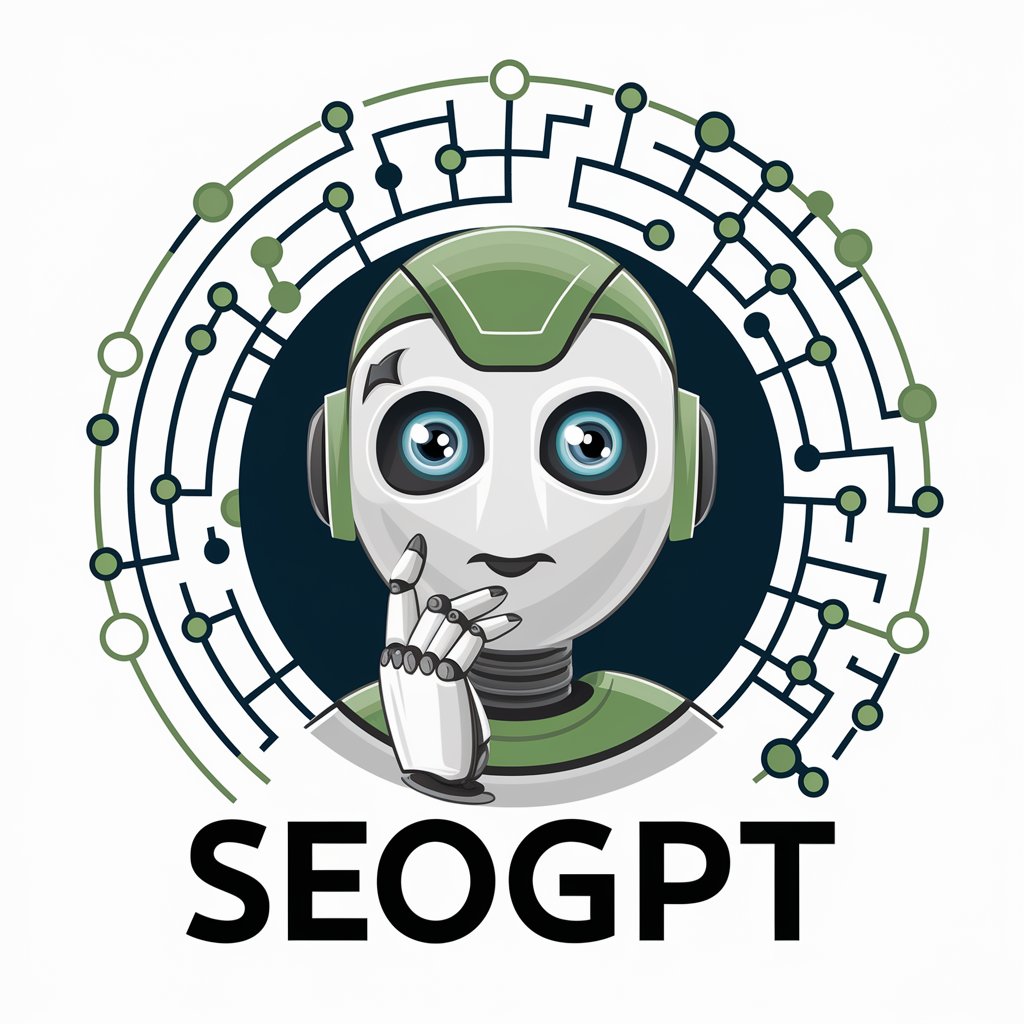
Medical Side Effects
Empowering informed health decisions with AI

Patient Zero meaning?
Unlock creativity and productivity with AI

Meta Description Q&A
What is a meta description?
A meta description is a brief summary of a web page's content that appears in search engine results, designed to provide searchers with a quick insight into the page's relevance and content.
How does this tool help in creating effective meta descriptions?
This tool leverages AI to craft concise, engaging, and SEO-optimized meta descriptions tailored to your content, helping to improve visibility and click-through rates from search engine results pages.
Can I customize the meta descriptions generated by the tool?
Absolutely. While the tool provides a solid base by suggesting optimized descriptions, users are encouraged to customize them to better reflect their brand's voice and the specific nuances of their content.
How important are keywords in meta descriptions?
Keywords play a crucial role in meta descriptions by signaling to search engines and users the relevance of your content to their queries, thus improving your content's searchability and ranking.
Can using this tool improve my website's SEO ranking?
Yes, by providing well-crafted, relevant, and keyword-optimized meta descriptions, this tool can contribute to improved SEO rankings by enhancing your content's visibility and appeal to both search engines and potential visitors.

